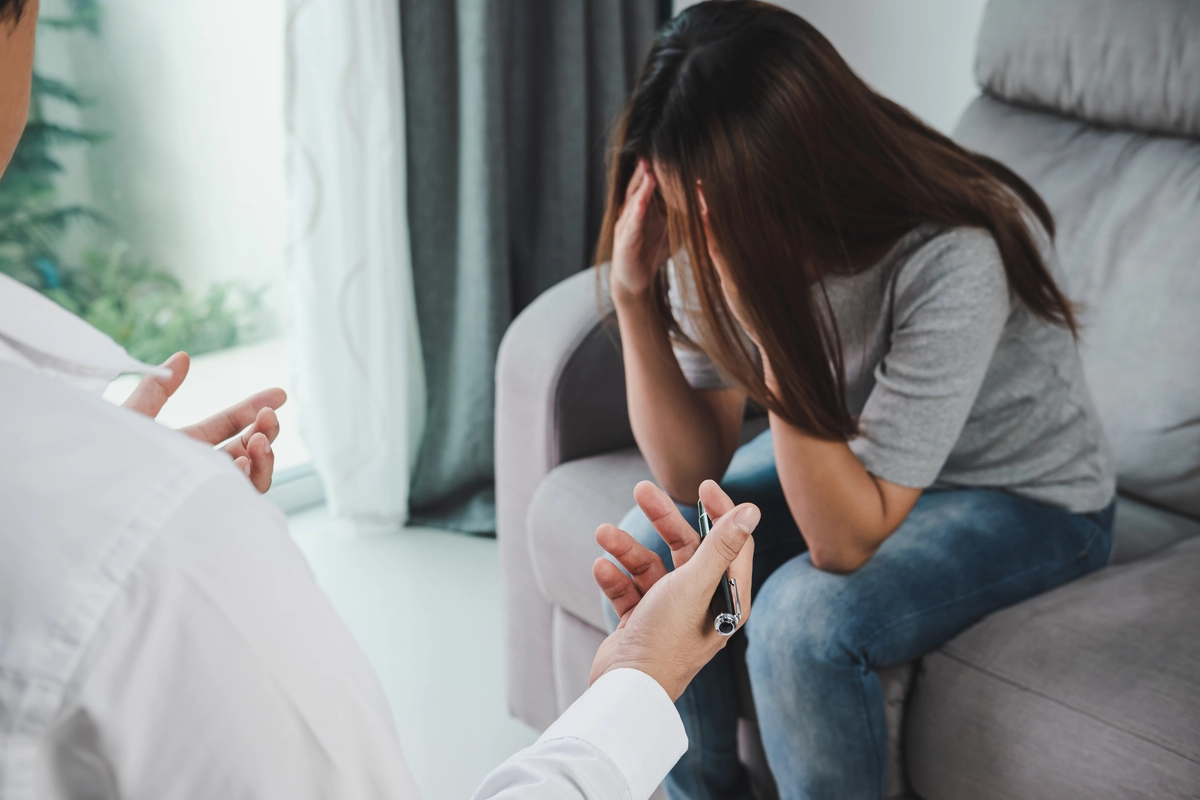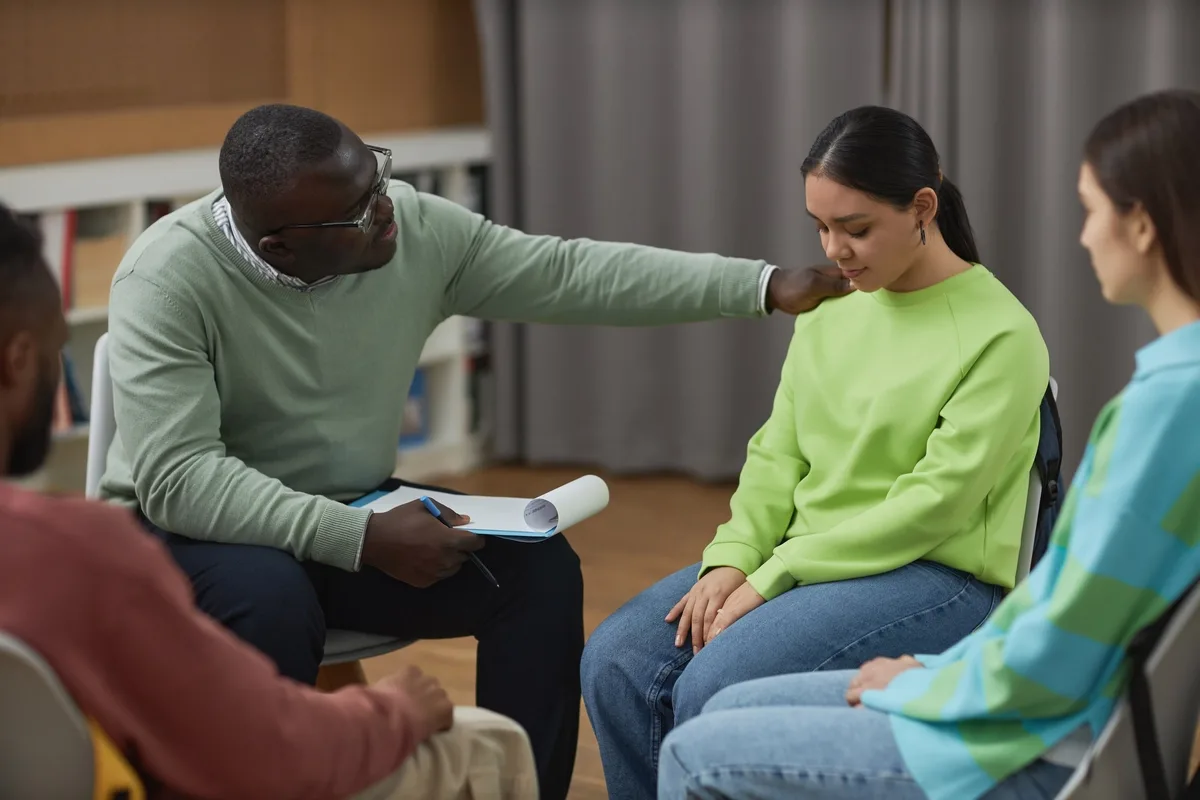24/7 Helpline:
(866) 899-221924/7 Helpline:
(866) 899-2219
Learn more about Bipolar Disorder Treatment centers in Green Lake
Bipolar Disorder Treatment in Other Cities

Other Insurance Options

Ceridian

Absolute Total Care

Kaiser Permanente

Self-pay options

PHCS Network

Coventry Health Care

Health Choice

Amerigroup

CareFirst

CareSource

State Farm

MHNNet Behavioral Health

Holman Group

Oxford

Meritain

Horizon Healthcare Service

Health Net

Carleon

Providence

Optum

Green Lake County Health & Human Services
Green Lake County Health & Human Services is a public rehab located in Green Lake, Wisconsin. Green ...




















